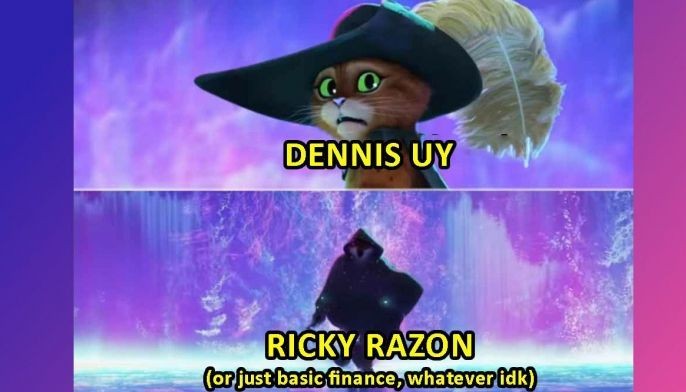Bloomberry [BLOOM 9.10 2.1%] [link] resolved the uncertainty around its potential investment into Dennis Uy’s struggling gaming company, PH Resorts Group [PHR 0.80 5.9%], by announcing that its board had voted to terminate the term sheet that it submitted to PHR in May 2022.
BLOOM clarified that the termination was approved after “considering the results of due diligence on the target companies and the projects”, which aligns with the Biz Buzz article that broke the story that BLOOM was walking away from the deal because of ugly due diligence findings.
The news of the cancellation was a surprise to PHR, which had just four hours earlier said that it was still “working towards a possible closing of the transaction” despite not having heard back from BLOOM about it in over 10 months.
In a follow-up statement, PHR tried to put a positive spin on the development by saying that BLOOM’s sudden back-out allows PHR “the opportunity to reenter into discussions with other parties”.
MB BOTTOM-LINE
The way these deals work is that usually the selling side (PHR) will show a bunch of high-level financials in something like an expanded pitch deck, and then the buying side (BLOOM) negotiates the high-level terms in reliance on that somewhat narrow scope of initial information.
Terms like the structure of the deal (debt, equity, etc), the valuation of the assets to be purchased, the price willing to be paid based on that valuation, the timeline of the deal, and the terms and conditions of how the deal will move forward.
All of these are put into what is called a "term sheet"; which is a non-binding document. Once its signed, the two parties get down to what is called “due diligence”, which is where the BLOOM would have requested to see detailed financials on the company and its projects.
This is done as part of a broader “background check” of any potential legal, operational, and party-specific problems that BLOOM could be exposed to as a result of any kind of investment.
All of the reporting and the subsequent disclosures are silent as to what deal-breakers were uncovered by BLOOM as part of this process.
Due diligence ALWAYS uncovers some stuff.
There are always risks and skeletons in the closet that are not included in the initial pitch deck, and these things are usually incorporated into another round of negotiations where BLOOM could have tried to hammer at the valuation to lower the price of the assets in the deal.
So it will probably raise a few eyebrows that BLOOM decided to kill the deal outright, without even talking with PHR, rather than to engage in that follow-up round of discussions.
--


